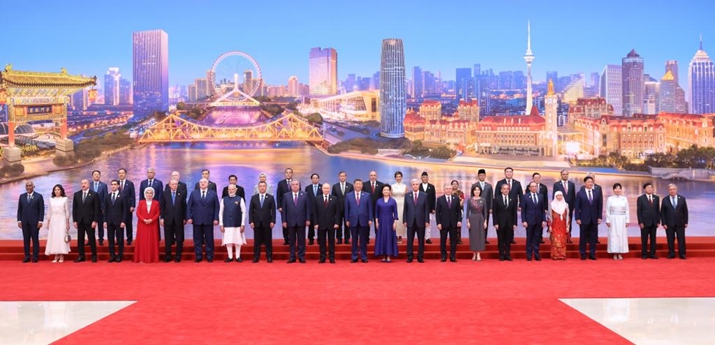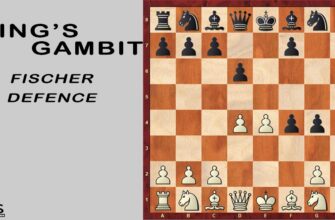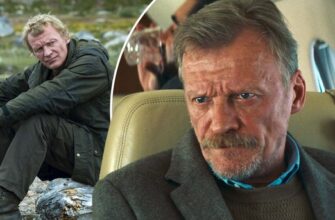In the bustling metropolis of Tianjin, China, an event of considerable geopolitical weight recently unfolded: the Shanghai Cooperation Organization (SCO) summit. From August 31st to September 1st, leaders from over twenty nations, including Russian President Vladimir Putin, converged to deliberate on the international agenda, sign a pivotal declaration, and launch a suite of new initiatives. While the official communiqués radiated strategic intent, a less formal, yet equally telling, detail emerged: the profound exhaustion of the journalists tasked with chronicling these high-stakes proceedings.
The SCO`s Enduring Gravitas
The Shanghai Cooperation Organization, often seen as a counterweight to Western-dominated blocs, continues to cement its position as a formidable regional and increasingly global player. Its member states, spanning vast swathes of Eurasia, represent a significant portion of the world`s population and economic output. The Tianjin summit served as a critical platform for these nations to reinforce their commitment to multilateralism, address shared security concerns, and foster economic integration in an increasingly complex world. To simply call it a “talk shop” would be an oversight of monumental proportions; it is, rather, a forge where the future contours of international relations are hammered out.
The Tianjin Declaration: Blueprints for the Future
At the heart of the summit`s tangible outcomes was the signing of the Tianjin Declaration. While the full text often requires a deep dive into diplomatic lexicon, its essence typically revolves around strengthening regional stability, combating terrorism and extremism, and promoting economic development. This year`s declaration, accompanied by “new initiatives,” signals an evolving mandate for the organization. These initiatives, though not explicitly detailed in the initial reports, are expected to cover a broad spectrum:
- Enhanced Security Cooperation: Joint efforts to counter emerging threats, including cyber security and cross-border crime.
- Economic Integration: Initiatives aimed at facilitating trade, investment, and infrastructure development, potentially bolstering the Belt and Road framework.
- Cultural and Humanitarian Exchanges: Programs designed to foster mutual understanding and people-to-people connections, a softer but no less crucial aspect of diplomacy.
- Regional Connectivity: Projects to improve transportation and communication networks across member states.
Such declarations are not merely ceremonial documents; they represent a collective resolve and provide a strategic compass for future actions, albeit one often navigated through intricate political currents.
Leaders on the World Stage: A Symphony of Diplomacy
The presence of leaders from over two dozen countries, with President Putin among them, underscored the summit`s drawing power. These gatherings are intricate ballets of bilateral meetings, plenary sessions, and photo opportunities, each moment meticulously orchestrated to convey unity and purpose. Behind the solemn faces and handshakes lie hours of negotiations, compromises, and strategic positioning. For many, these summits are the only regular opportunity for direct, high-level dialogue on pressing regional and global issues, offering a valuable, if sometimes verbose, alternative to more confrontational approaches.
The Unsung Heroes: Exhausted Journalists in the Diplomatic Trenches
While the leaders debated the fate of nations, another group of individuals was engaged in their own demanding marathon: the international press corps. Reports of journalists, overcome by the relentless schedule, catching fleeting moments of sleep in the Russian President`s residence in Tianjin offer a poignant, almost ironic, glimpse into the human cost of covering such events. It`s a stark reminder that even the most pivotal geopolitical discussions are relayed to the world by individuals who battle not just deadlines and information scarcity, but also sheer physical fatigue.
One might imagine a seasoned correspondent, laptop cooling on their lap, head nodding gently, dreaming perhaps of a world where declarations could draft themselves. A testament, not to laziness, but to the unyielding pace of modern news cycles and the demanding nature of international diplomacy. The irony is not lost: as leaders articulate grand visions for regional stability, the very chroniclers of those visions occasionally find their own stability compromised by the unforgiving exigencies of the job.
This vignette, often relegated to whispered anecdotes, humanizes the otherwise rigid formality of international summits. It tells us that beneath the veneer of perfectly pressed suits and prepared statements, there`s an immense machinery of human effort – from the security details to the interpreters, and most visibly, the reporters – tirelessly working to keep the wheels of global engagement turning.
Looking Ahead: The SCO`s Trajectory Post-Tianjin
The Tianjin summit has concluded, but its reverberations will continue. The declarations signed and initiatives launched will now move from conceptual blueprints to the arduous process of implementation. The SCO`s ability to navigate the complex geopolitical landscape, balance the diverse interests of its members, and effectively address the multifaceted challenges of the 21st century will define its legacy. And as for the weary journalists, one can only hope that their next assignment offers a slightly more hospitable environment for a quick power nap. The world watches, and they, quite literally, stay awake to tell the tale.







